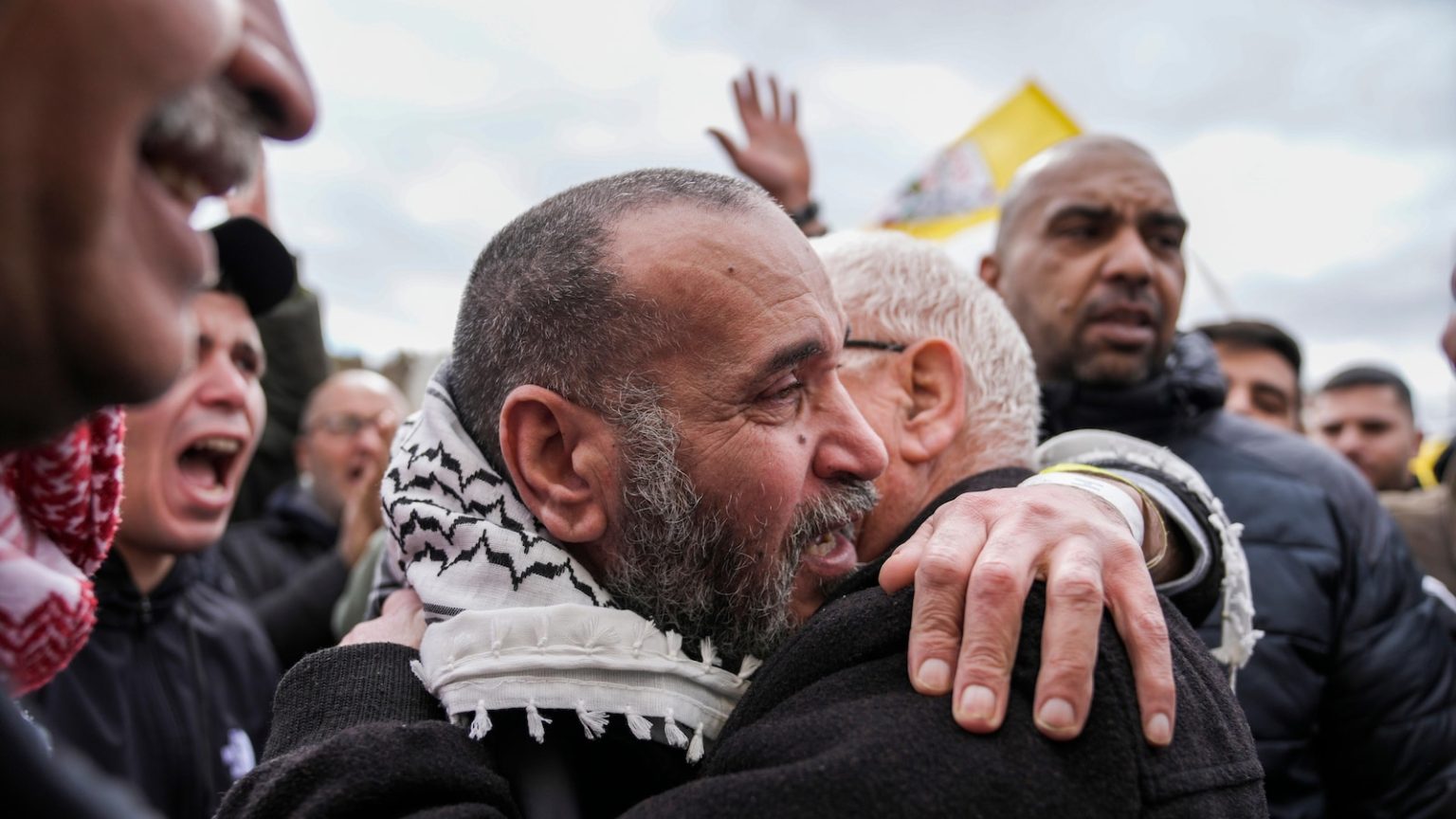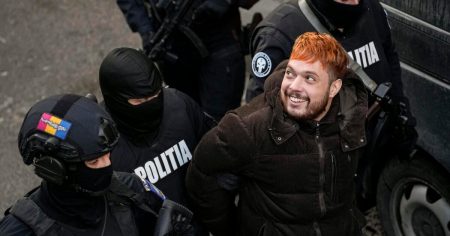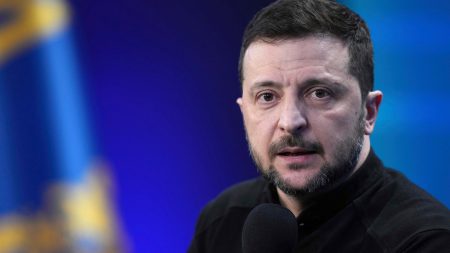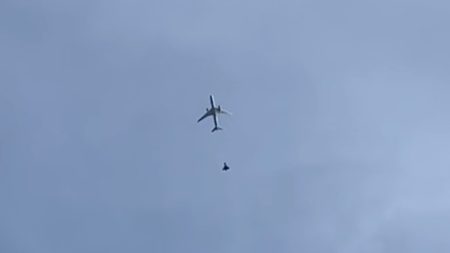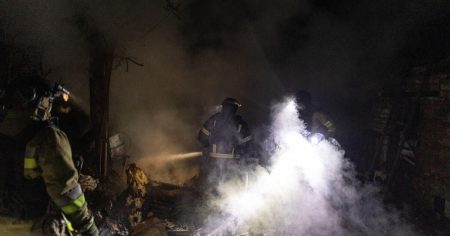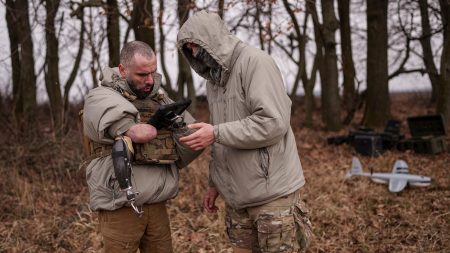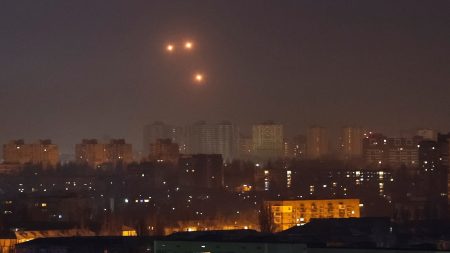Israel Releases 183 Palestinian Prisoners Amid Uncertain Ceasefire
A Fragile Peace and the Weight of Prisoner Exchanges
On Saturday, February 8, 2025, Israel released 183 Palestinian prisoners as part of a hostage exchange under a ceasefire that has temporarily paused the war in Gaza. The swap is a critical moment in a conflict where emotions run deep, and perspectives on justice and freedom are sharply divided. To Israelis, many of these prisoners are considered terrorists responsible for deadly attacks that shook the nation. To Palestinians, they are freedom fighters who have sacrificed their lives to resist what they view as a decades-long military occupation. The prisoner exchange has brought hope to some, but the future of the ceasefire remains uncertain.
Nearly every Palestinian family has been touched by Israel’s detention policies. Thousands of Palestinians have been jailed over the years for acts ranging from militant attacks to lesser offenses like rock-throwing or membership in banned political groups. Some are held for years without trial under a system known as administrative detention, which Israel defends as a necessary tool to prevent attacks and protect sensitive intelligence. For Palestinians, however, this system is a stark reminder of the fragility of justice under occupation.
Cheers and Tears: A Hero’s Welcome for Released Prisoners
Among the prisoners released on Saturday, 18 had been sentenced to life in prison, and 54 were serving long sentences for their roles in deadly attacks. Many of these individuals had spent decades behind bars, their lives frozen in time as the world outside moved on. In the West Bank town of Beitunia, thousands of Palestinians gathered to welcome the freed prisoners, chanting slogans in support of Hamas and waving flags. The scene was one of raw emotion: prisoners dropping to their knees, weeping as they kissed the ground, while their families embraced them tightly, tearfully.
For Samah Abu Aliya, the wait had been excruciating. Her 34-year-old son, Imad Abu Aliya, was finally freed after serving four and a half years for convictions that included intentional manslaughter and anti-Israel incitement. According to Israel’s Justice Ministry, he was a member of Hamas. “We’ve been waiting,” Samah said. “And waiting is the most painful thing, it wears on the nerves.”
Prominent Prisoners and Their Stories
The release of high-profile prisoners has drawn attention to the complex histories of those involved in the conflict. Among them is Abu Shakhdam, a man sentenced to the equivalent of 18 life sentences for his role in Hamas attacks that killed dozens of Israelis during the second intifada (2000-2005). One of the most infamous attacks he was involved in was a double suicide bombing in 2004 in the southern Israeli city of Beersheba, which killed 16 Israelis, including a 4-year-old, and wounded over 100 others. Abu Shakhdam’s militancy, he has said, was driven by a desire for revenge after his brother was killed by Israeli security forces in 2000. After his arrest, he spent 21 years in prison, during which he completed high school and even earned a certificate in psychology. Upon his release, he was greeted as a hero, hoisted onto the shoulders of supporters in Beitunia. “From the moment I entered prison, I was sure I’d go home,” he told the Associated Press. “The prison guards didn’t believe me. But this whole time, I was sure that, with God’s help, I’d be free.”
Another prominent prisoner, Hamas politician al-Tawil, has spent nearly two decades in and out of Israeli prisons. He was accused of involvement in violent riots and mobilizing Hamas activists in Ramallah, the seat of the Palestinian Authority. Al-Tawil’s daughter, Bushra, a 32-year-old journalist, was among those released earlier in the ceasefire. Before her father’s release, she wrote on Instagram that Israeli security forces had threatened her family with rearrest if they celebrated publicly. Al-Tawil’s release was bittersweet; upon being freed, he was so frail that he had to be lifted off the bus and taken directly to a hospital for treatment.
The Controversial Case of el-Halabi and the Question of Justice
Not all prisoners were freed to the West Bank or Gaza. Seven of those convicted of the most serious crimes were transferred to Egypt, where they will remain in exile. Among them is Mohammed el-Halabi, a manager for the Gaza branch of World Vision, a major Christian aid organization. El-Halabi was arrested in 2016 on charges of diverting tens of millions of dollars to Hamas. He denied the allegations, and independent investigations found no evidence of wrongdoing. Nevertheless, he was sentenced to 12 years in prison after a trial that rights groups have criticized as unfair and opaque. Israel has defended the secrecy of the proceedings, citing national security concerns. El-Halabi was finally released on February 1, 2025, after nine years in prison.
Tales of Escape, Resistance, and Resilience
The stories of the released prisoners are as varied as they are compelling. Zakaria Zubeidi, a former militant leader and theater director, became a legend in 2021 when he and five other prisoners tunneled out of a maximum-security Israeli prison using nothing but spoons. The daring escape captured the imaginations of Palestinians across the Middle East and embarrassed Israel’s security establishment. Although the escapees were recaptured days later, Zubeidi’s release on January 30, 2025, marked a new chapter for the man who once traded bullets for theater. After the second intifada, Zubeidi co-founded the Freedom Theater in Jenin, using art as a form of resistance.
Another notable figure is Abu Warda, a Hamas militant sentenced to 48 life sentences for his role in organizing suicide bombings that killed over 40 Israelis in the early 2000s. Palestinian authorities claimed he had helped recruit suicide bombers, targeting crowded civilian areas in Israeli cities. After 23 years in prison, Abu Warda was released and deported on January 30, 2025.
A Bittersweet Reunion and an Uncertain Future
For the families of the released prisoners, the reunions have been a mix of joy and reflection. Many have spent years lobbying for their loved ones’ freedom, enduring countless disappointments along the way. For some, however, the release has come at a cost. Seven of the prisoners, including Abu Shakhdam and al-Tawil, were exiled to Egypt, unable to return to their homes in the West Bank or Gaza. Their families will now face the difficult decision of whether to join them in exile or remain behind.
As the ceasefire holds for now, the release of the prisoners has raised hopes for a broader resolution to the conflict. Yet, the fragility of the situation is clear. The stories of these prisoners—their struggles, their sacrifices, and their resilience—remind us that the Israeli-Palestinian conflict is not just about politics or territory; it is about people, families, and the enduring quest for freedom and justice. For many Palestinians, the release of these prisoners is a step toward healing and reconciliation. For Israelis, it is a reminder of the risks and challenges that lie ahead.
The prisoner exchange is a small but significant step in a conflict that has spanned generations. As the world watches, one thing is clear: the future of peace in the region will depend on whether both sides can find a way to move beyond the wounds of the past and embrace a shared vision of the future. For now, the release of these prisoners offers a glimmer of hope—not just for the families reunited, but for all those yearning for an end to the violence and the dawn of a new era.





